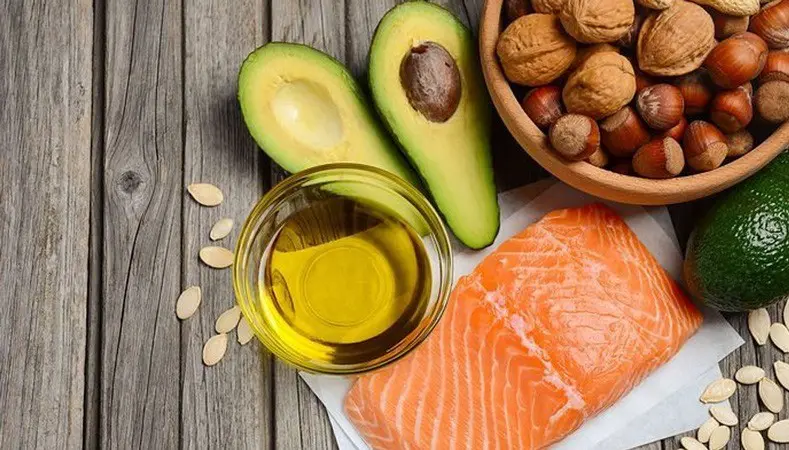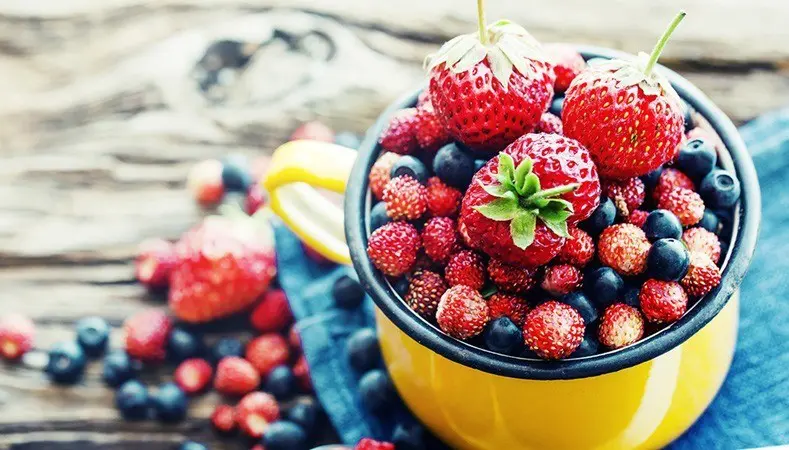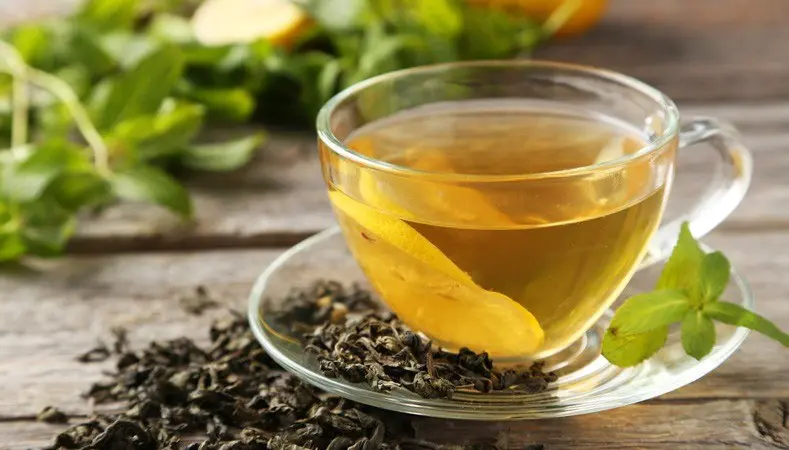4 Tips To Lower Stress
Tip #1: Martial Arts

One study compared judokas and sedentary men and had them perform a maximal exercise test. The judokas had much higher antioxidant levels and much lower markers of oxidative stress following the test than the sedentary men. Researchers don’t know what uniquely sets martial arts, especially a very strenuous one like judo, apart in enabling better stress management and lower physiological stress, but they do note the benefits to be quite large. Similar findings have been produced from testing practitioners of all the martial arts mentioned above.
Tip #2: Omega-3

For example, one study found that giving omega-3′s to rats at birth after they had been exposed to chronic alcohol as fetuses resulted in restored glutathione levels as well as brain function. A control group that didn’t receive omega-3′s had much lower antioxidant status, and brain damage was evident. A second study shows omega-3s can eradicate oxidative stress and raise glutathione after a heart attack as well.
In addition, there’s robust evidence that the omega-3 DHA is highly effective at decreasing inflammation in the brain, which can lead to better cognitive function and less feelings of psychological stress and depression. Omega-3 supplementation has also been found to decrease the acute stress response from intense strength training, leading to less inflammation post-workout and a faster recovery.
To get stress reduction benefits, take a large dose. Rat studies have shown the best benefits from doses as high as 500 mg/kg of body weight a day. Human studies have always used lower doses, but studies show that as much as nine grams a day to be therapeutic.
Tip #3: Antioxidants

Antioxidant-rich foods include cruciferous vegetables like broccoli, or cauliflower, dark green vegetables such as kale, or collards, berries like strawberries, blueberries, and raspberries, flaanol plants like green tea, cocoa, grape seeds, and olives, spices and herbs such as turmeric, ginger, and Boswellia. To actually achieve stress reduction from antioxidant-rich foods you ideally should eat them every day at every meal.
Tip #4: Green Tea

For example, a study that gave mice a large green tea dose of 100 milligrams per kilogram of body weight daily for 15 days prevented a buildup of stress, and the corresponding behavioral and cognitive deterioration from extreme swim training. A control group experienced significant anxiety, chronic fatigue, and had high oxidative stress in response to the exercise. Smaller green tea doses countered stress in a dose-response manner, but the large dose effectively produced baseline levels of health.
Studies show that six to seven cups of green tea can provide a general dose of antioxidants, but to alleviate serious stress, consider getting a highly concentrated green tea capsule or liquid.
Happy Lifting!
Tip: If you're signed in to Google, tap Follow.









